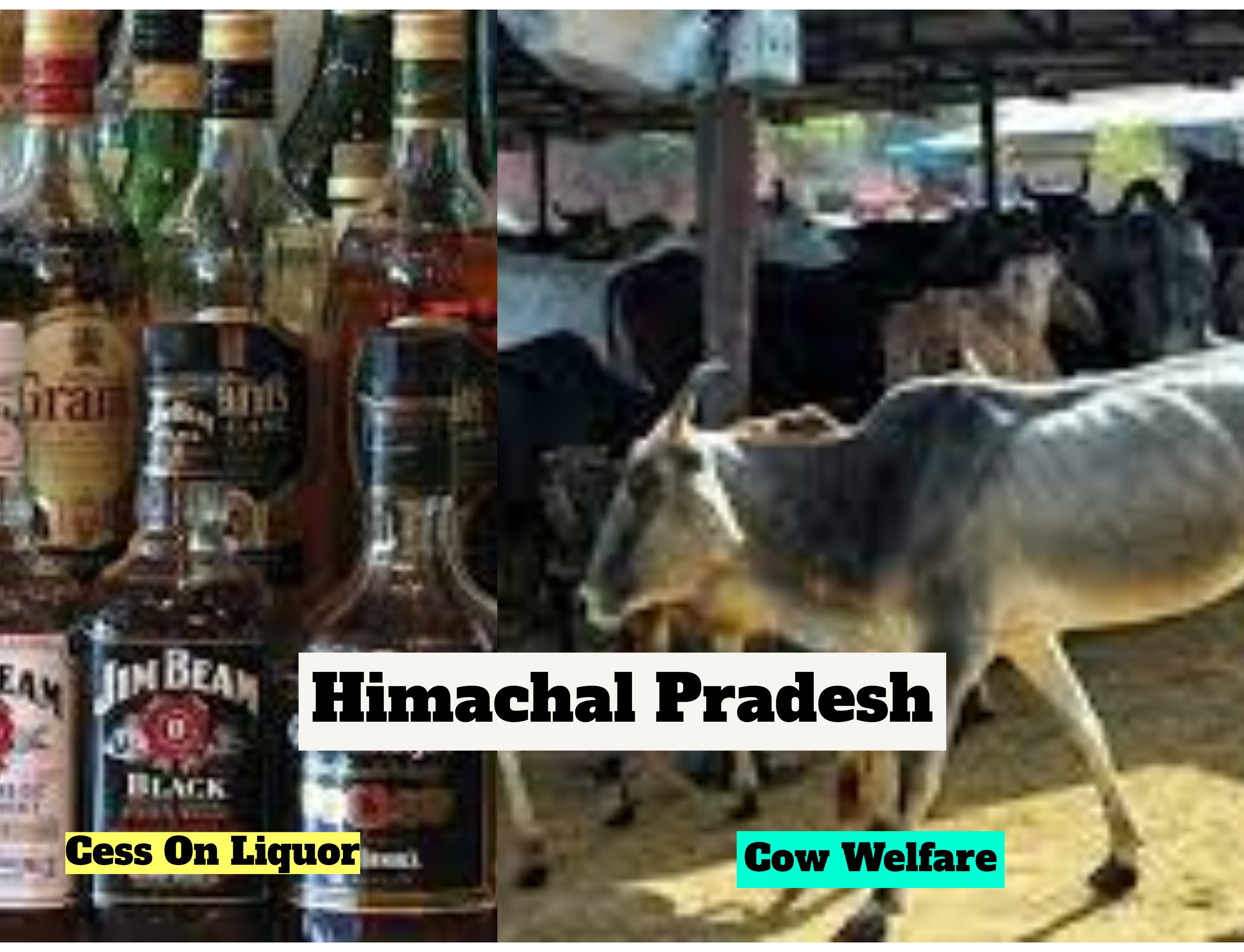

By Linus Garg
First publised on 2023-03-21 01:00:55
Himachal Pradesh Chief Minister Sukhvinder Singh Sukhu on Friday announced a cow cess of Rs 10 per bottle on sale of liquor, and said it would fetch Rs 100 crore revenue per annum. The tax is aimed at raising funds for the welfare of cows in the state, which Hindus consider sacred, and play a crucial role in the state's agriculture and economy. The funds collected from the tax will be used to establish shelters for stray cows and improve their healthcare facilities, among other things.
The move has been lauded by many animal rights activists and Hindu groups, who see it as a step towards the protection of cows. However, the tax has also been criticized by some, who see it as an unnecessary burden on consumers and an attempt to appease certain political groups.
Critics of the policy argue that the government should focus on improving the overall welfare of animals in the state, rather than just cows. They claim that the tax may lead to a decrease in liquor sales, hurting the state's revenue. They also claim that the Congress government is trying to be more Hindu than the BJP and is compromising with its core ideology.
Proponents of the policy, on the other hand, argue that cows are an integral part of the state's culture and economy. They also point out that the tax is not very significant and is unlikely to impact liquor sales and the revenue collected can be used for the welfare of cows.
The introduction of the cow cess in Himachal Pradesh is not the first instance of such a tax in India. In 2017, the state of Rajasthan also introduced a similar tax, which was aimed at raising funds for the welfare of cows.











